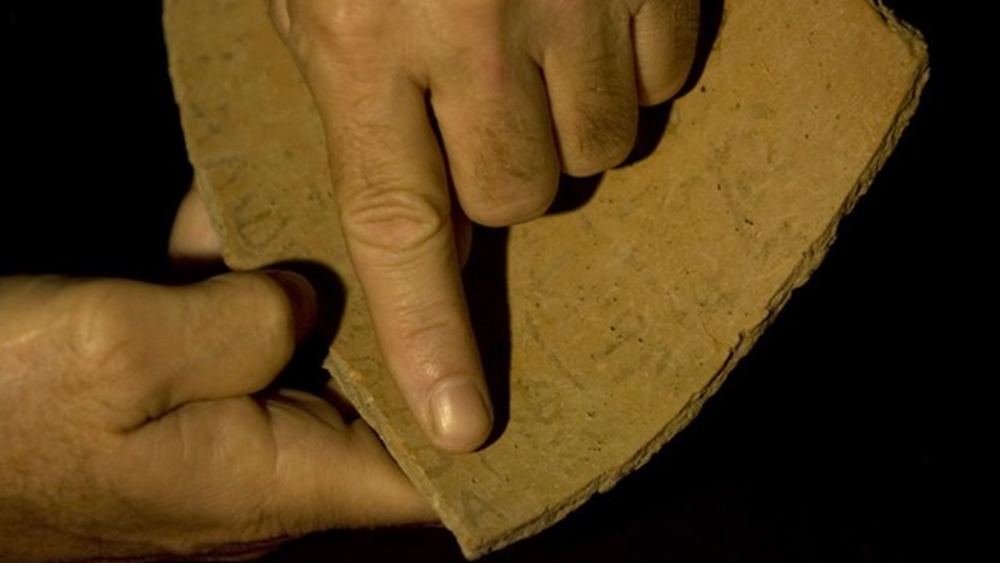PROGRES.ID – A team of archaeologists from Israel has successfully uncovered a historical relic believed to be connected to King Solomon, also known as Prophet Solomon in Islamic teachings.
This historical find consists of pottery shards that were initially discovered alongside the remains of six other large jars during excavations in the Ophel area of Jerusalem in 2012.
Although this discovery happened 11 years ago, archaeologists have recently managed to unravel the mystery behind it in 2023.
Archaeologist Daniel Vainstub from the Hebrew University of Jerusalem successfully deciphered the meaning of the words carved on the neck of a jar shard, which dates back to the reign of King Solomon in ancient Israel.
Over the past decade, more than 10 researchers attempted to propose the meaning of the words engraved on this jar shard’s neck but never reached a consensus.
Based on a study published in the Jerusalem Journal of Archaeology, Dr. Daniel finally revealed that the words inscribed on the jar shard’s neck mean “Ladanium 5.”
“Ladanium 5” refers to the resin of an aromatic plant used in the making of incense or frankincense, known as Labdanum or Cistus Ladanifer.
Daniel stated that this inscription was carved using the Old South Arabian script in the Sabaean language.
Generally, the Sabaean language was used during the Biblical era on the Arabian Peninsula, especially in the Kingdom of Sheba, which is now in the region of Yemen.
This inscription is believed by archaeologists to be one of the oldest writings in the Old South Arabian script ever found in Israel.
In addition to the pottery shard bearing the inscription “Ladanium 5,” archaeological experts also found six other large jars during ancient artifact excavations in 2012 in Ophel, Jerusalem, Israel. These shards are suspected to date back to the 10th century BCE.
In their research report, the scholars concluded that these jars might be evidence of a “clear connection” between King Solomon and the Kingdom of Sheba.
According to this research, the Kingdom of Sheba played a significant role in cultivating plants used for perfume and incense production.
At the same time, during that era, King Solomon controlled trade routes that crossed the Negev Desert on their way to Mediterranean ports, where goods were exported.
Daniel Vainstub explained, “Deciphering the inscriptions on these jars teaches us not only about the presence of a Sabaean speaker in Israel during the time of King Solomon but also about the geopolitical relationship system in our region at that time.”
